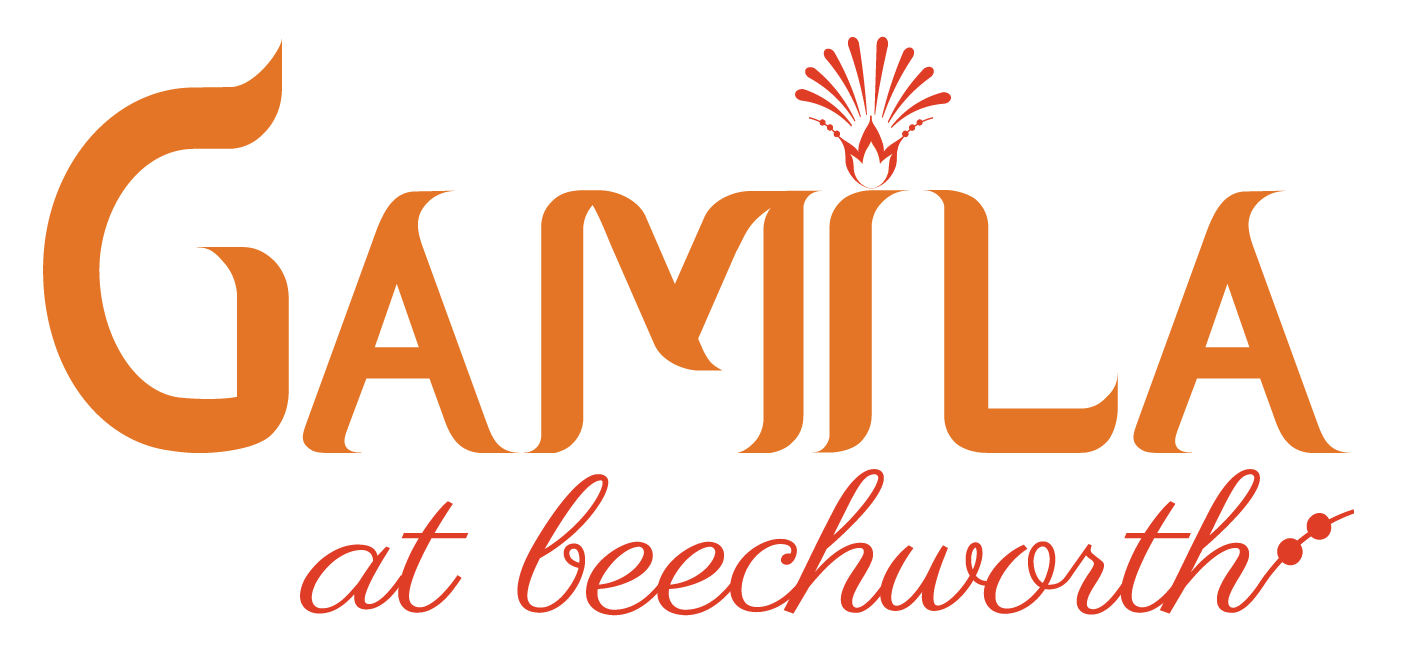- 0425 754 407
- [email protected]
Welcome to our new website, if you run into any problems while ordering. Please reach out.
Monthly Archives: August 2019
- Home
- In Conversation
- Monthly Archives: August 2019
-
Read more »
It's getting awfully close to spring in Beechworth, which is both good and bad. It's the start of the new season for our olive trees and it's getting near the end of the growing season for the saffron, that's the good. The bad, I don't think I've start even half my winter farm jobs, let alone finished them. The winter season for saffron is a busy and satisfying time, without the crazy or emotional upheaval of autumn harvest. In winter our saffron grass slowly grows, the longer it gets, the happier the corms! Ideally by this time of year, our saffron corms have long luscious locks of green hair flopping all over the ground. They get fed every few weeks to ensure their happiness and the rest of the time is spent on hands and knees keeping the weeds at bay, which as you can image, in July, in Beechworth, is not a very pleasant activity.
Reducing the competition of weeds is critical to happy corms, and that is basically my job title 'grower of happy corms'. Saffron is an
-
Read more »
What a lovely surprise to wake up to this morning. Our Egyptian Dukkha has been awarded a Gold medal in the Australian Food Awards Pantry section. We've been producing our Egyptian Dukkha for 2 years, using only the best ingredient we can get our hands on, including beautiful High Country walnuts, so it was lovely to receive the highest score for our ingredient quality and combination. The judges commented 'Very good balance, particularly salt and pepper levels. Walnut twist is very nice.'
We also submitted our Wild Fermented Olives, both Saffron and Lemon Myrtle and our Summertime blends and happily walked away with Bronze medals for both, with judges noting 'Very subtle condiments in crisp green olives.'
We sourced these Manzanillo olives from an Angus breeder in Mudgegonga who planted them for diversification, but when the 2009 fires came through his property, he decided to focus his rebuild efforts elsewhere, so it is fantastic

